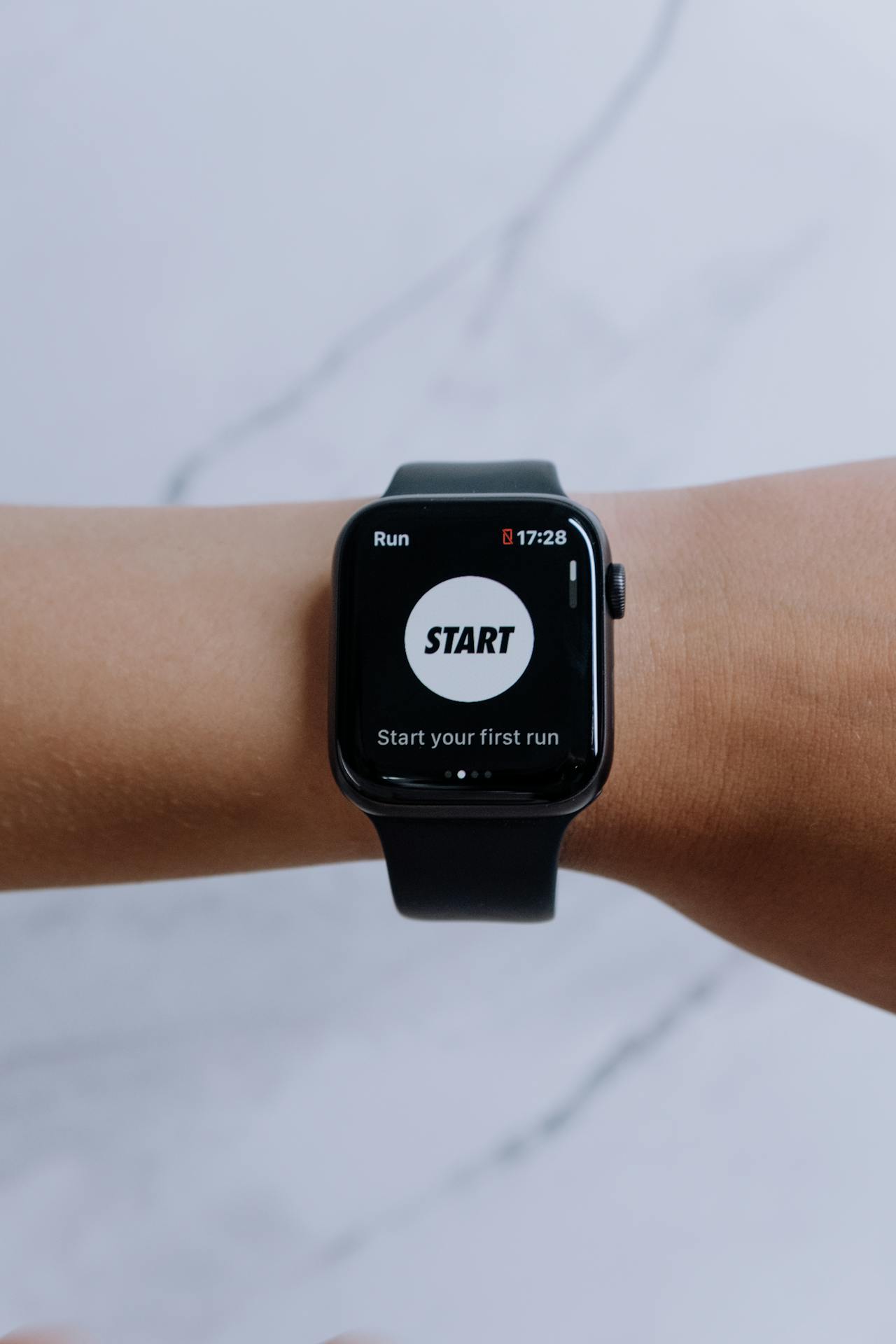If you’re into health and fitness, chances are you’ve considered getting a fitness tracker. These little devices promise to revolutionize your workouts and keep you motivated, but are they as essential as they seem? Sure, they look cool on your wrist, and the idea of tracking every step, heartbeat, and calorie sounds empowering. But here’s the big question: do you really need one, or could you get the same results with a simple pen and notebook? Let’s break it down so you can decide whether a fitness tracker is worth it for you.
The Case For Fitness Trackers
- Actionable Data: Fitness trackers give you real-time insights into your activity levels, heart rate, calories burned, and even sleep patterns. This data can be a game-changer for setting and achieving fitness goals.
- Motivation Booster: Many trackers include features like daily step goals and reminders to move, which can keep you motivated, especially on lazy days.
- Tailored Progress Tracking: For those chasing personal bests, fitness trackers can help you monitor your pace, heart rate zones, and recovery times, making them invaluable for serious athletes.
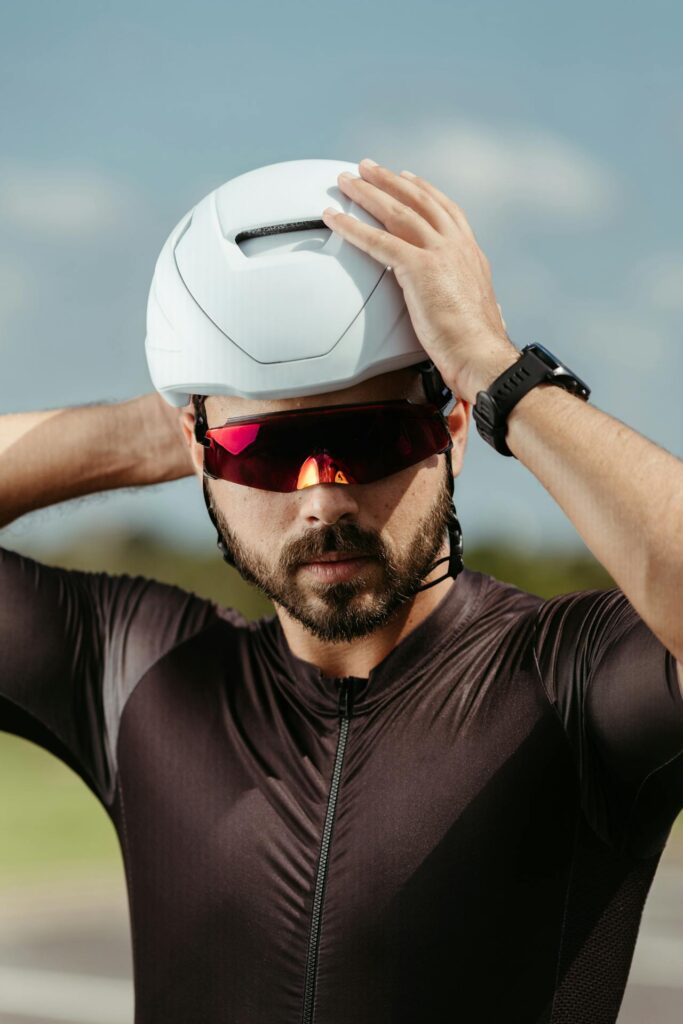
The Case Against Fitness Trackers
- Data Overload: While information is power, too much data can lead to obsession. Some people become slaves to their stats, prioritizing numbers over the pure joy of movement.
- Not Always Necessary: If you’re a beginner, tracking your workouts in a simple notebook can be just as effective for building consistency.
- Accuracy Issues: Despite technological advancements, fitness trackers aren’t always 100% accurate, which can lead to frustration or misguided training decisions.
So, Are Fitness Trackers Worth It?
If you’re a beginner, you might find that jotting down your activities and focusing on building habits works just fine. However, for those who thrive on data and are aiming for specific performance goals, a fitness tracker can be a valuable tool.
Top 4 Fitness Trackers to Consider
- For Beginners: Fitbit Inspire 3 – Easy to use, tracks basics like steps, calories, and sleep. Perfect for starting out. Good value.
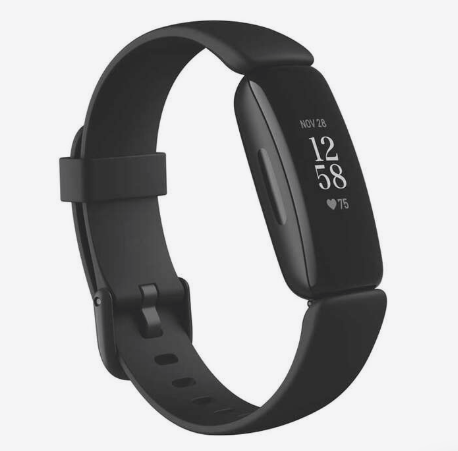
For Casual Users: Garmin Vivosmart 5 – Great for tracking workouts and sleep without being overly complicated.
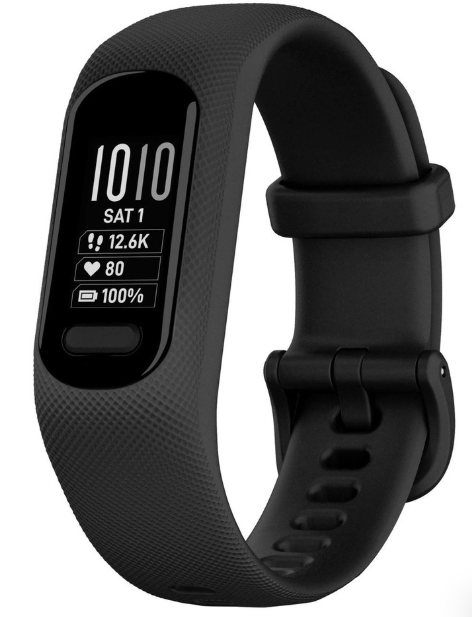
- For Intermediate Users: Apple Watch SE – Combines fitness tracking with smart features for everyday use.
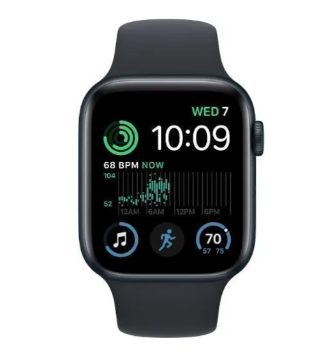
- For Advanced Athletes: Garmin Fēnix – High-end performance tracking, including GPS and heart rate monitoring, for those chasing serious goals. The duck’s nuts. At over 2 grand, you’d better be almost a pro.

FAQs
- Can trackers track sleep? Yes, most modern fitness trackers are equipped with advanced sleep-tracking technology. They monitor how long you sleep, the stages of your sleep (light, deep, and REM), and even your sleep quality. Some devices, like the Fitbit Inspire or Garmin Vivosmart, provide detailed reports and personalized tips to help improve your rest.
- Are trackers bad for you? No, fitness trackers are generally safe and beneficial. However, over-reliance on the data they provide can sometimes lead to stress or anxiety about meeting specific goals. It’s important to use these tools as a guide rather than letting them dictate your routine. Fitness should be about enjoying movement and improving your health, not just hitting numbers.
- What trackers have an ECG? If you’re concerned about heart health, certain fitness trackers include ECG (electrocardiogram) functionality. Popular options like the Apple Watch Series 7 and Fitbit Sense can detect irregular heart rhythms and even alert you to potential issues. This feature is particularly useful for those with heart conditions or anyone looking to monitor their cardiovascular health more closely.
